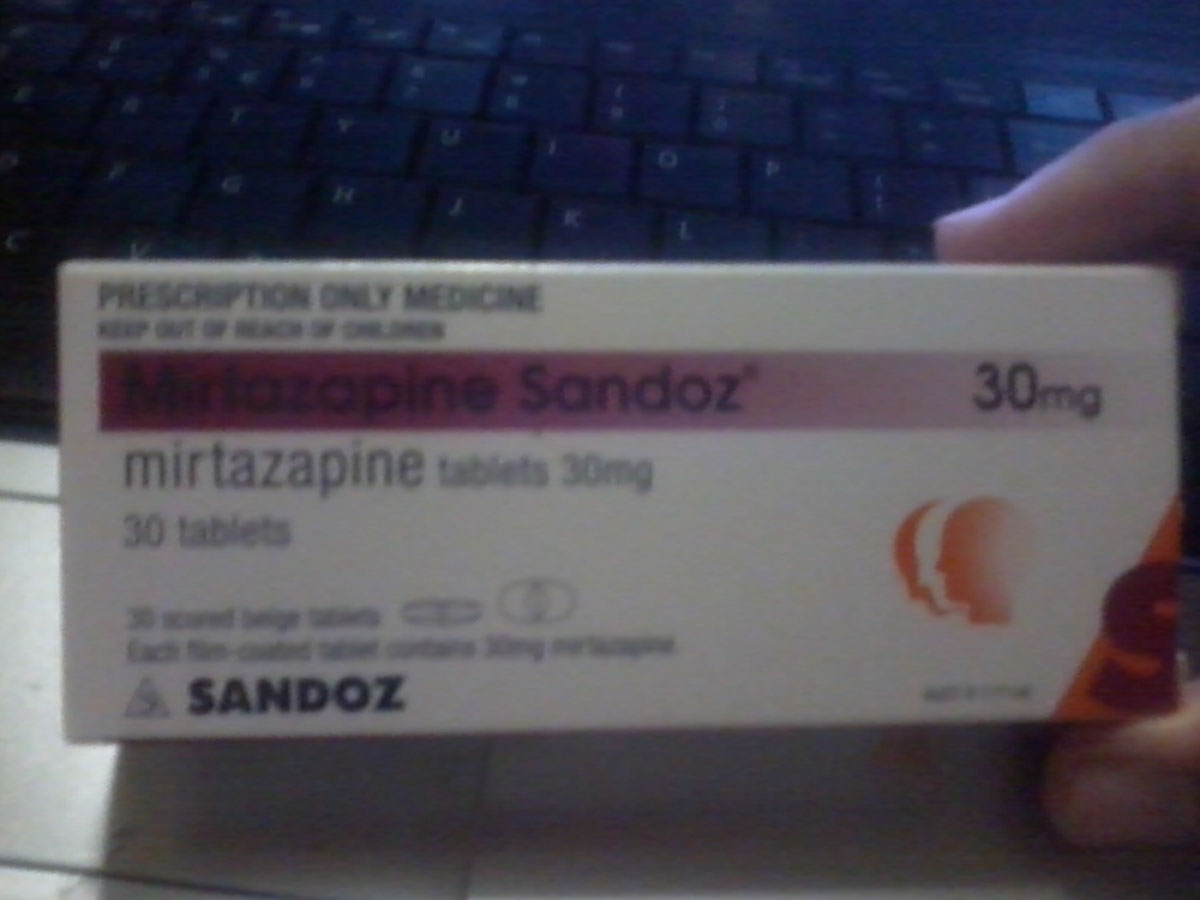
Mirtazapine
Mirtazapine is an antidepressant drug that doctors usually prescribe for the treatment of major or clinical depression. Mirtazapine is very effective in blocking some of the receptors, such as serotonin, norepinephrine, histamine, and muscarinic receptors. The nerves release serotonin and norepinephrine, but some receptors may reduce their levels thus causing depression. In such cases, mirtazapine obstructs the receptors, so serotonin and norepinephrine can normally send massages betweennerves. Mirtazapine is generally used to treat depression, but in some cases tremors are also treated by this drug. Mirtazapine is prescribed only for adults and not for children.
Complications when usingmirtazapine
It is very important to consult the doctor before using this medicine, and to report certain medical condition if the patient has any. For example, the patient with bipolar disorder, or previous heart attack or stoke must be very careful if takingmirtazapine. Furthermore, chest pain, neutropenia, liver diseases such as liver failure or cirrhosis, kidney disease, seizures and epilepsy are some of the conditions that may be worsened if this medicine is consumed. If symptoms of hypotension, any kind of allergy, or suicidal thoughts or attempts happen in patients, the doctor must be informed. It is not recommended to take this medicine if a woman is pregnant or if she wants to become pregnant in the nearer future. Also, it should not be used if a woman breastfeeds her child.
Side effects of mirtazapine
Most medicines have at least some side effects, and so does this one. Some of them can appear in combination and not all the people will experience the same. The most common side effect of this medicine, which is very serious at the same time, is the one related to suicidal thoughts or behavior. High blood pressure and low blood pressure are two common cardiovascular side effects, while anxiety, agitation panic attacks, hostility and aggressiveness are only some of other adverse effects ofmirtazapine.
Some persons that used this medicine experienced also the symptoms of serotonin syndrome, such as confusion, fever, nausea, vomiting, diarrhea, shivering, shakings and sweating. Coma is also possible, though it occurs very rarely. Of dermatologic side effects, the most usual are the appearance of rash, hives and itching. In addition to all these side effects which have been mentioned so far, difficulty in breathing or swallowing, a sore throat and some signs of an infection, hyperactivity, mood swings, sleeplessness, hallucinations and chest palpitation may also occur as the adverse effects of mirtazapine.







-Uses%2C-Side-Effects-And-Risks_f_280x120.jpg)


_f_280x120.jpg)






Your thoughts on this
Loading...